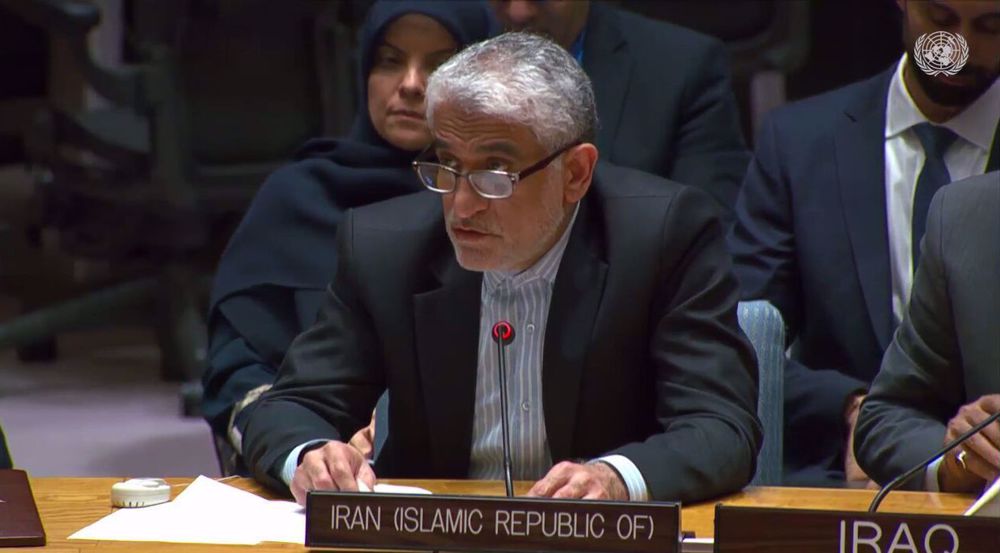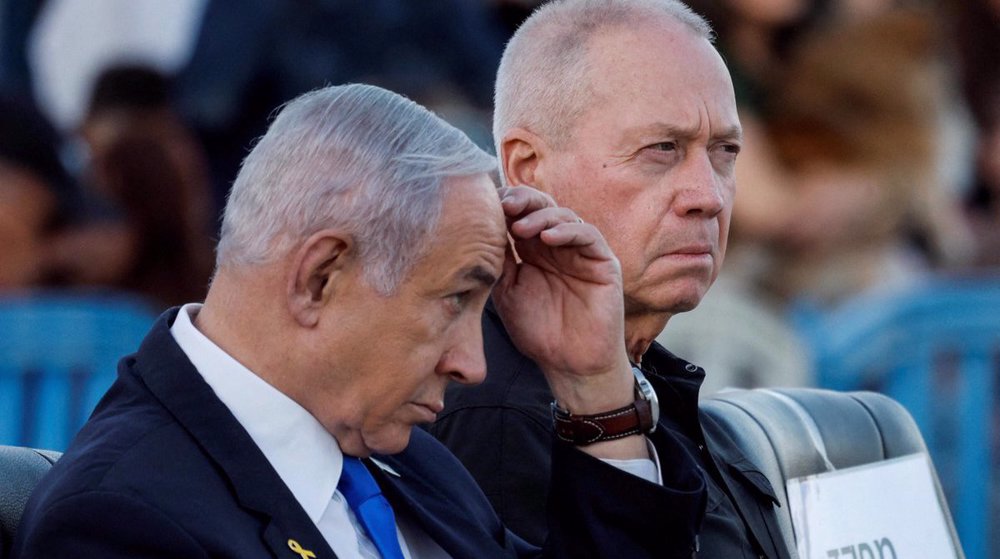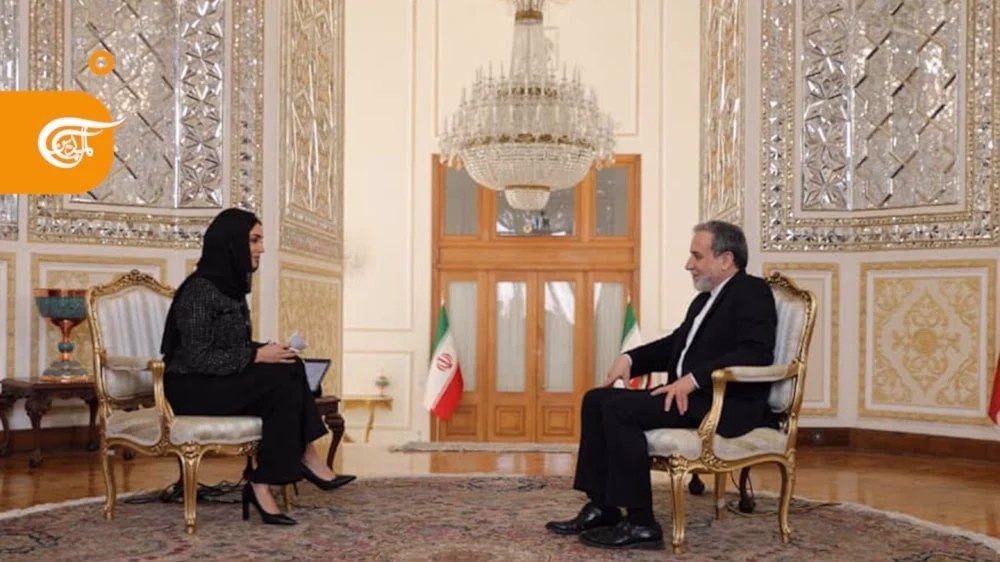US trying to hijack fuel hike protests in Iran: Analyst
A political commentator has blamed the United States for the violence that marred sporadic protests against gasoline price hike in Iran.
Iranian authorities on Friday began rationing gasoline and substantially increased the price of fuel, saying the revenue would be used to assist the needy.
Mostafa Khoshcheshm said in an interview with Press TV on Sunday that “economic adjustment plans are widely met with protests and public discontent throughout the world”, referring to protests against austerity measures in Europe and the "Yellow Vest" movement in France.
The commentator said the protests in Iran took place as people “were never informed properly and in detail how they would receive the ... merits of this plan” - which aims to help the needy.
He emphasized that people in Iran enjoy the right to protest, referring to remarks by President Hassan Rouhani’s chief of staff in which he stressed that all officials should be listening to the protesters’ views.
“Whenever there is some legitimate and legal protests, the United States, the Mujahedin Khalq Organization (MKO) as well as people outside the country, the opposition, the son of the past shah step forward in order to hijack the protests, in order to stage violent actions and sabotage,” he said.
The National Iranian Oil Products Distribution Company (NIOPDC) said in a statement late Thursday that the price of a liter of regular gasoline had gone up to 15,000 rials (12.7 US cents) from 10,000 rials and the monthly ration for each private automobile was set at 60 liters per month. Additional purchases would cost 30,000 rials per liter.
The decision sparked rallies in a number of Iranian cities, some of which were marred by violence as opportunist elements tried to exploit the situation and ride the wave of peaceful protests against hiking fuel prices.
Consequently, the demonstrations turned violent in some cities, with reports of clashes between security forces and certain elements vandalizing public property.
Khoshcheshm blamed trained people with agenda for the violence that aimed to escalate the situation.
Referring to the acts of sabotage that marred the protests, he cited intelligence sources as saying that 90 percent of the protesters stepped away from the rioters and rejected joining the riots.
“There are irrefutable evidence that the small number of rioters are different from the people and they are working based on a plan.”
Elsewhere in his remarks, Khoshcheshm cited interviews broadcast by the national TV as well as many Iranian news agencies as saying that “some individuals who were shouting to protest against price hike opened fire on people”.
Mohammad Ali Saki, a journalist and the other guest on the talk show, hailed the government’s decision as “correct”, noting that spending funds on “something unnecessary like gasoline is economically unjustified”.
He added that previous governments are in varying degrees responsible for the current situation as “they had the opportunity to increase the gasoline prices gradually.”
Saki further said that the funds spent on fuel subsidies could be spent on health care and other programs.
Referring to Iran as a signatory to Paris Climate Agreement, he noted that the latest decision to ration petrol is also beneficial to the environment.
Jordan sentences former lawmaker for supporting Palestinian resistance
Basij volunteer forces hold massive drills in southwestern Iran
Israeli war criminals 'not welcome', US city says after ICC ruling
US vetoing of Gaza ceasefire resolution ‘disgraceful’: Iran’s UN envoy
VIDEO | IAEA adopts anti-Iran resolution tabled by E3
VIDEO | Iran's president urges Pope to help end Israel's onslaught in Gaza
Iran's senior legal official: ICC arrest warrant for Netanyahu ‘great victory'
Nov. 21: ‘Axis of Resistance’ operations against Israeli occupation














 This makes it easy to access the Press TV website
This makes it easy to access the Press TV website